A Cluttered Sci-Fi Drama Drowning in Absurd Plot Twists
A driven biologist, Will Foster, is pushing the boundaries of science, attempting to transfer human consciousness into an artificial body – with questionable results so far. Tragedy strikes when his family dies in a car accident, leading Will to risk everything to bring them back. With the help of a colleague, he grows clones of his wife and children. While the clones mature in artificial wombs, he races against time to transfer their consciousness, grappling with the profound question: what truly makes us human?
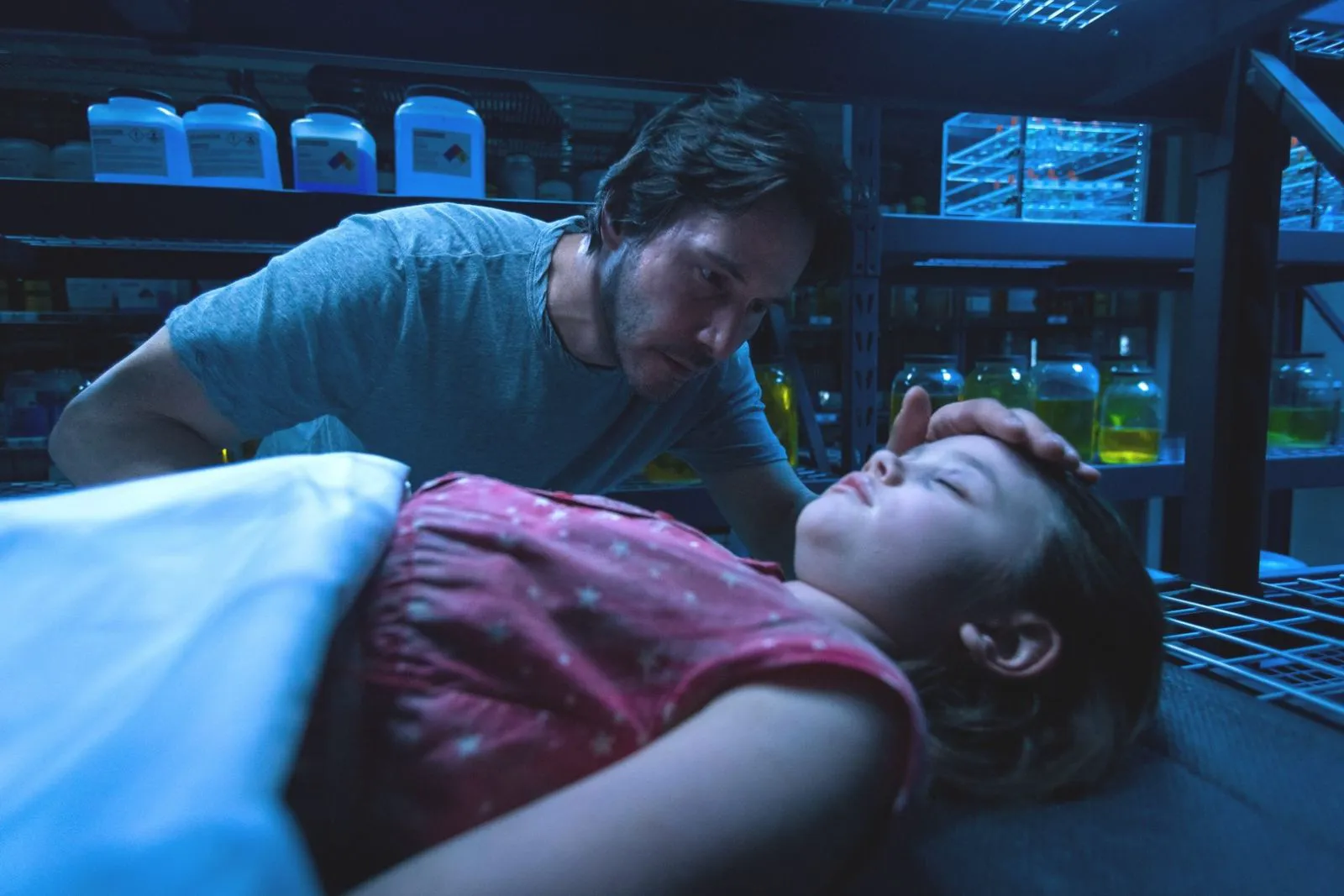
It seems our excitement about Keanu Reeves’ return to the big screen may have been premature. While “John Wick” was a resounding success in 2013, his “comeback” hasn’t yielded much of substance outside of that franchise. The actor’s project choices are becoming increasingly concerning.
Aside from the decent indie drama “To the Bone,” Reeves’ recent filmography is riddled with creative failures: the dreadful detective story “Knock Knock”, the unremarkable exploitation flick “Who’s There” by Eli Roth, and the cringeworthy “Siberia”. One might think Keanu shares an agent with Bruce Willis. However, unlike Willis, Reeves also produces these misfires. Perhaps it’s out of kindness – Keanu’s reputation as a genuinely good person is well-known – or maybe he simply has questionable taste.
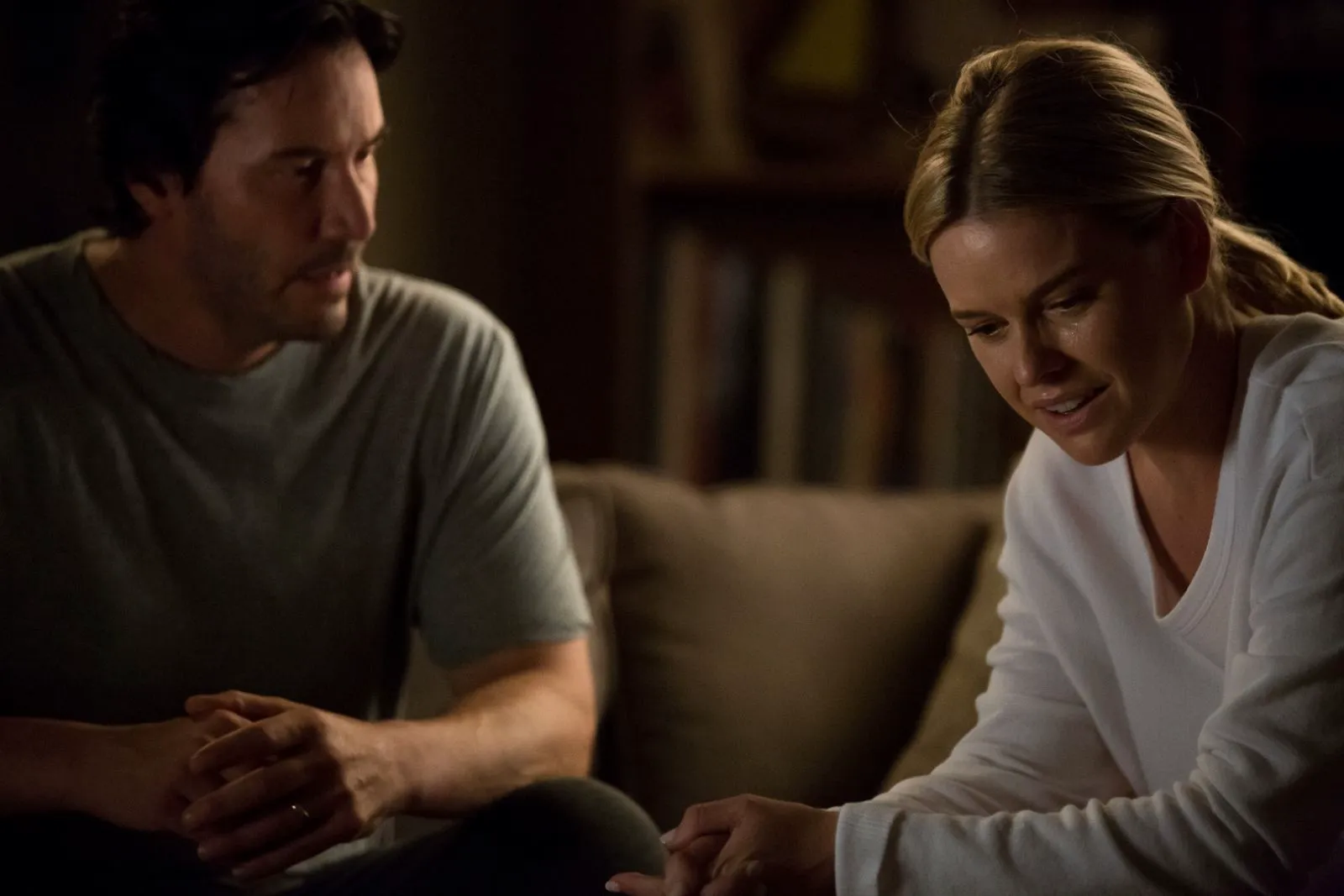
“Replicas” stands out from Reeves’ other creative catastrophes because, at least in theory, one can understand why the script appealed to him – though this is just speculation. The tragedy of a man losing his family and struggling with the unbearable loss is, sadly, something Keanu can relate to. In the best-case scenario, the film could have been a reflection of the experiences that shaped his personal life and, consequently, his artistic journey.
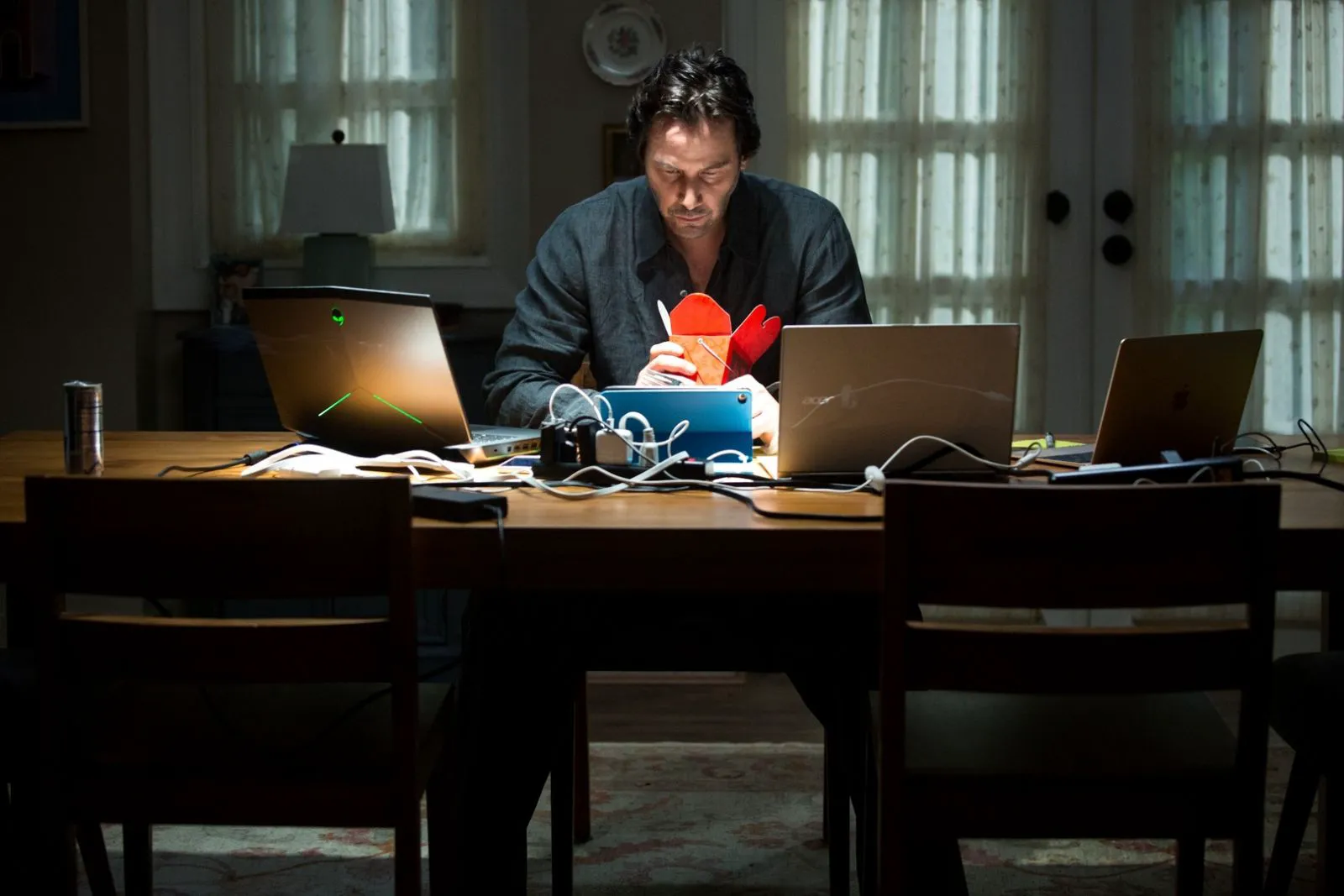
Grand Ideas, Poor Execution
The film certainly aims for a grand narrative about life and death. Within the first fifteen minutes, “Replicas” raises so many questions that, if compiled, they could form the basis of a decent book – something akin to “Existentialism for Dummies.” The film acts as a mentally challenged offspring of Philip K. Dick, with his simulacra and cyber-consciousness issues, and Mary Shelley, with the “God complex” of the newly minted Dr. Frankenstein. However, shortly after the family’s death scene – staged, incidentally, in an utterly ridiculous manner – it becomes clear that “Replicas” can’t even handle such a simplistic approach to the questions of life, the universe, and everything.
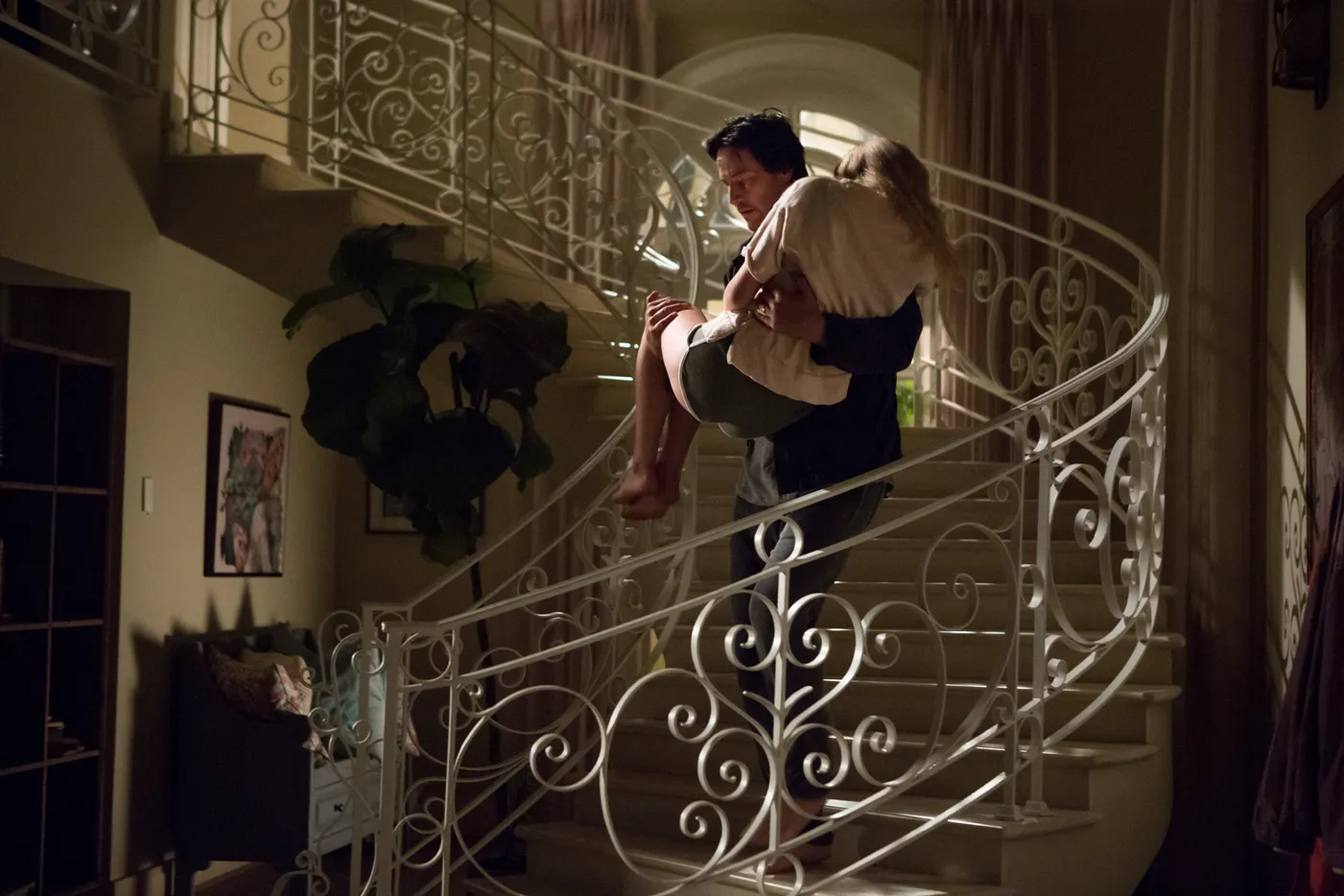
Stumbling Through Pseudo-Science
It tries to be a smart sci-fi drama, with minimal action and the entire story hinging on the emotional turmoil of Reeves’ character or the overarching conflict between the artificial and the natural. But “Replicas” doesn’t progress beyond the lamentations of “my family died, and I want to bring them back,” and spends most of its runtime spinning its wheels. To fill the narrative void, it resorts to pseudo-scientific jargon (because everything sounds smarter with the “neuro-” prefix) and Thomas Middleditch’s awkward attempts to lighten the gloomy atmosphere with a few jokes.
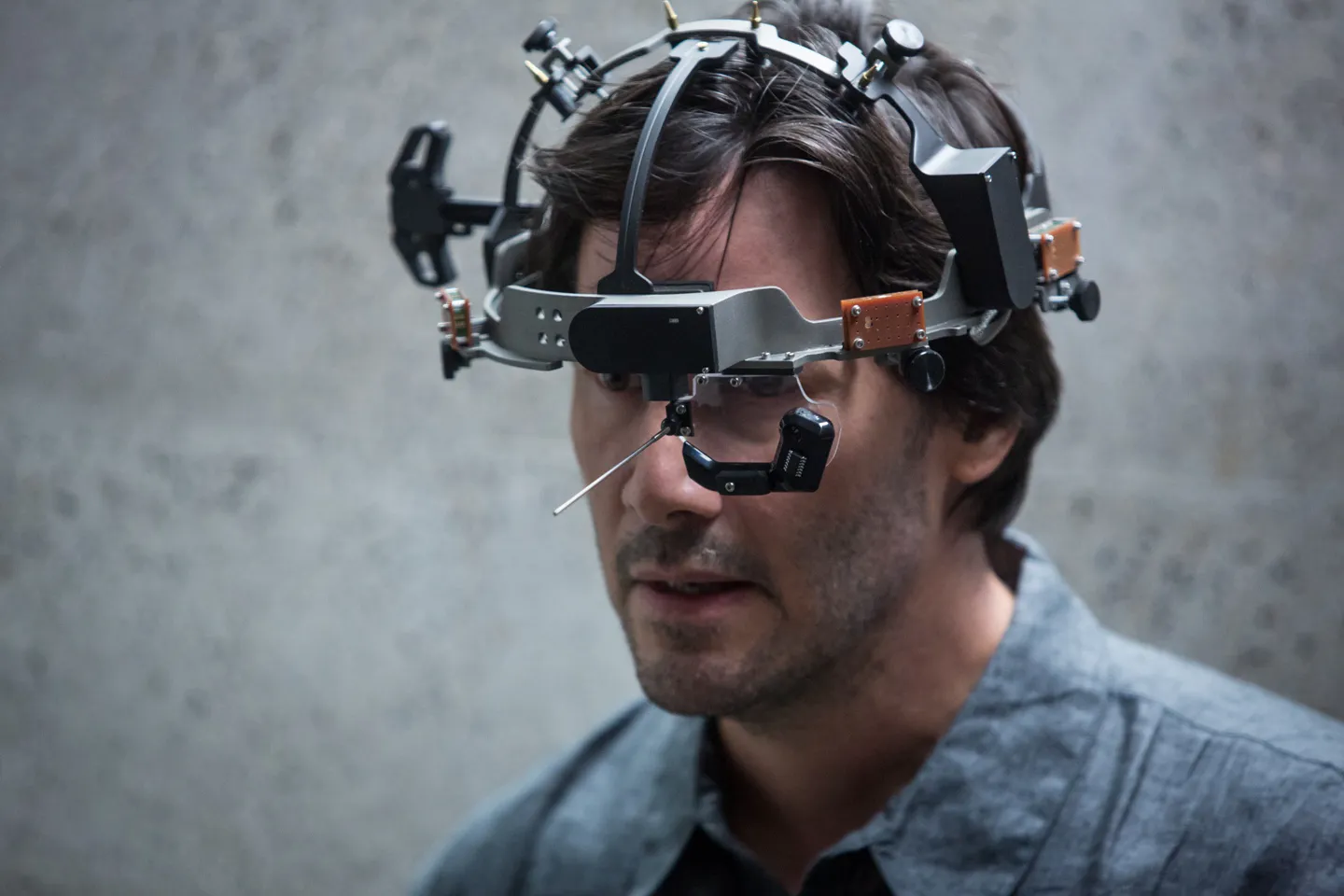
Occasionally, the film shows signs of awareness, presenting the characters with genuinely clever problems: how to conceal the disappearance of people, how to explain to clones why they don’t remember the last few days. But these flashes of wit lead nowhere, resembling situational comedy sketches rather than integral parts of a cohesive story.
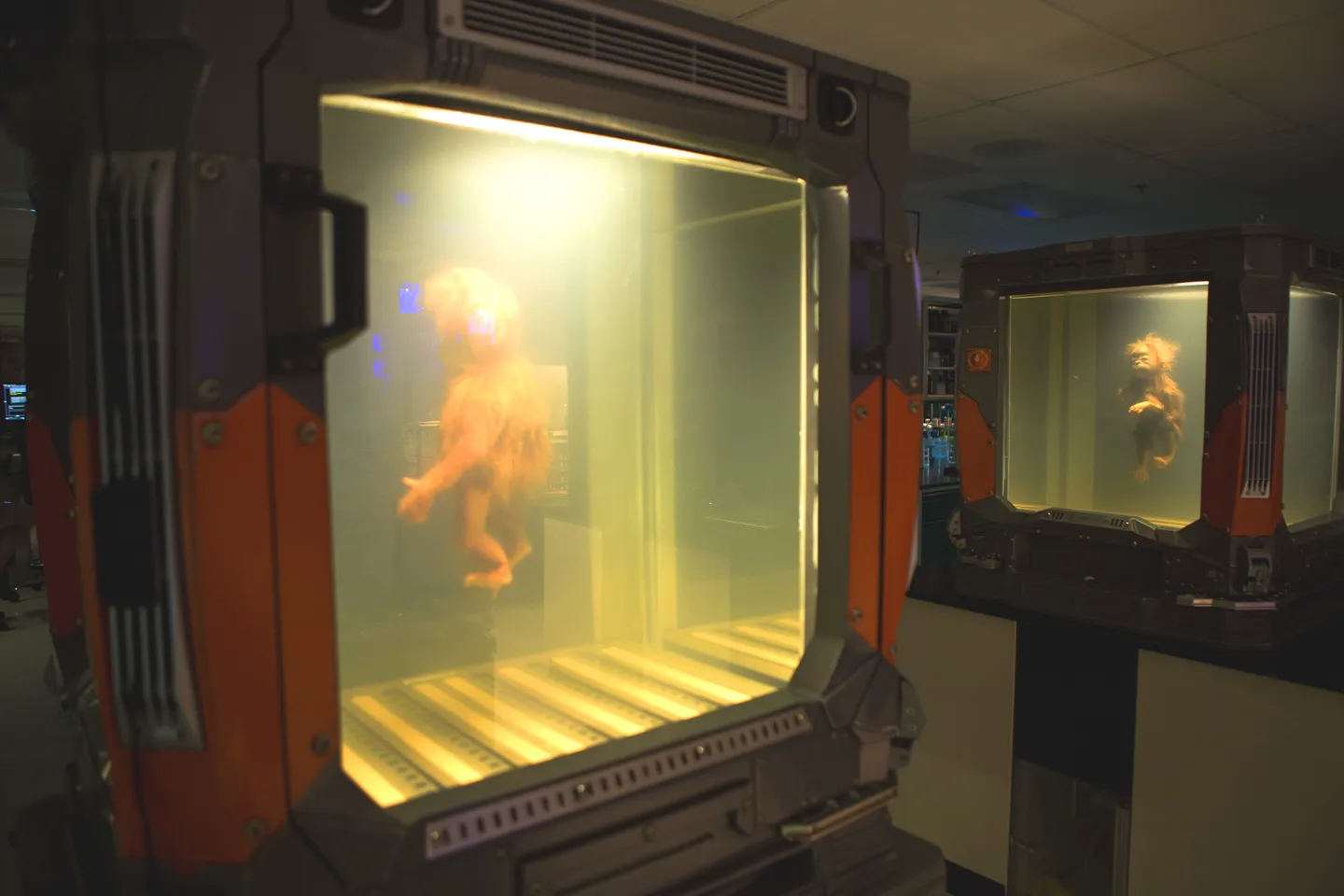
Lost Potential and a Disastrous Finale
All the moral “hooks” meant to develop into something meaningful are simply forgotten. All the hero’s barriers – both internal and external – are overcome through sudden “revelations.” One gets the distinct impression that the writers had an initial idea, a set of questions they posed at the start of the scriptwriting process. But as they “fleshed out” the idea, they realized they had nothing to say, filled the story with endless filler, and hastily burned all the dead-end plot threads. It seems they did this during filming, as the chaotic finale is hard to explain otherwise.
A predictable plot twist is thrown in, and the film abruptly changes tone. It transforms from a chamber drama into something resembling an action film, complete with the most ridiculous “Dutch angles” since “Battlefield Earth” and a CGI android that looks worse than the graphics in amateur short films. And, of course, there’s a happy ending: tearful, bombastic, and ultimately negating the already shallow themes of “Replicas.”